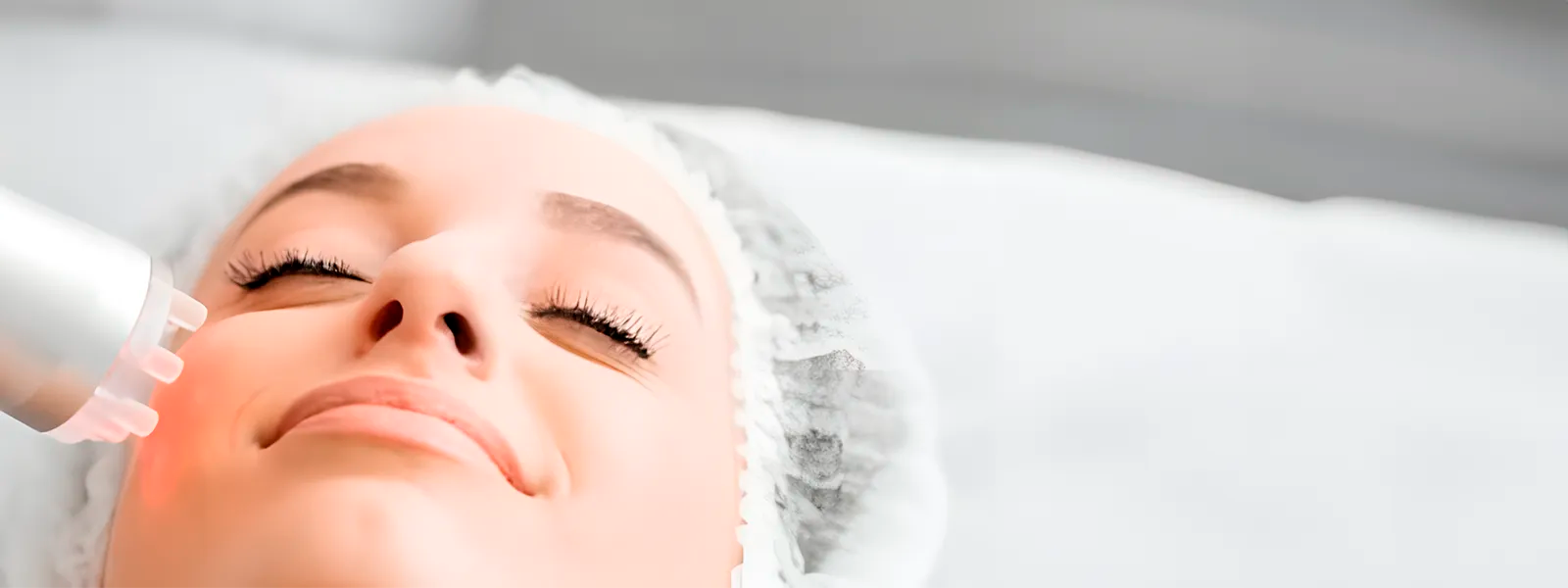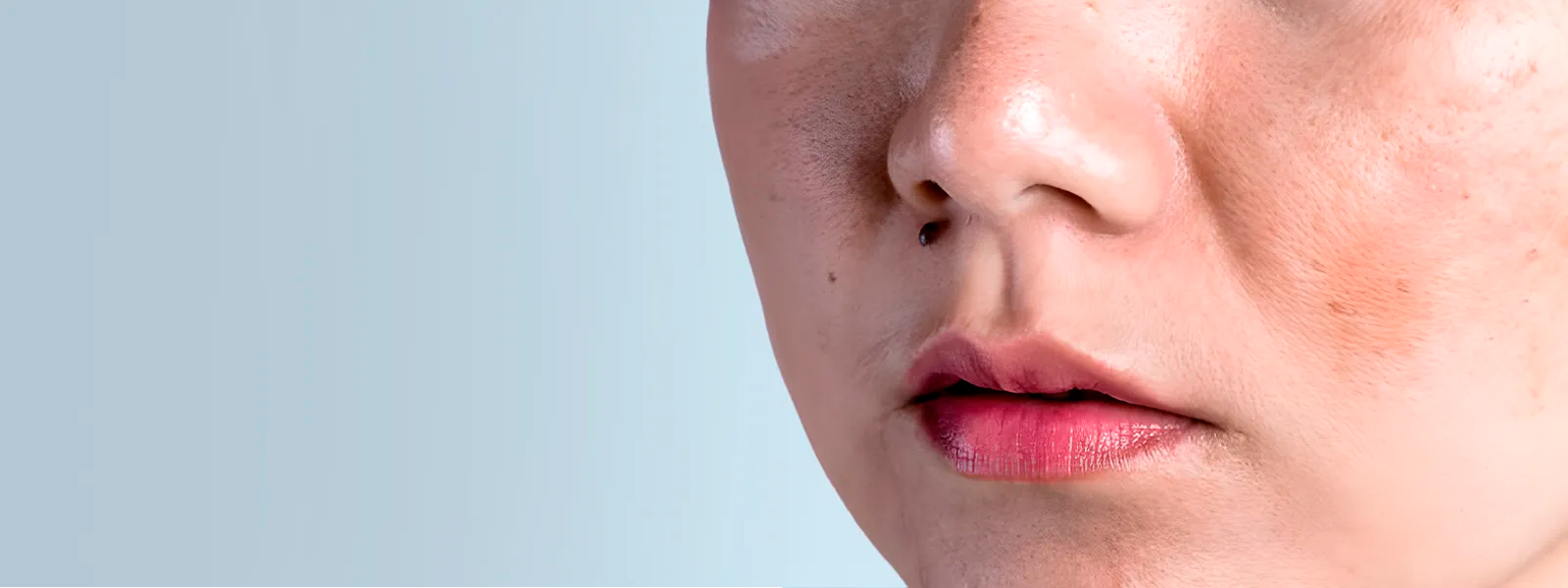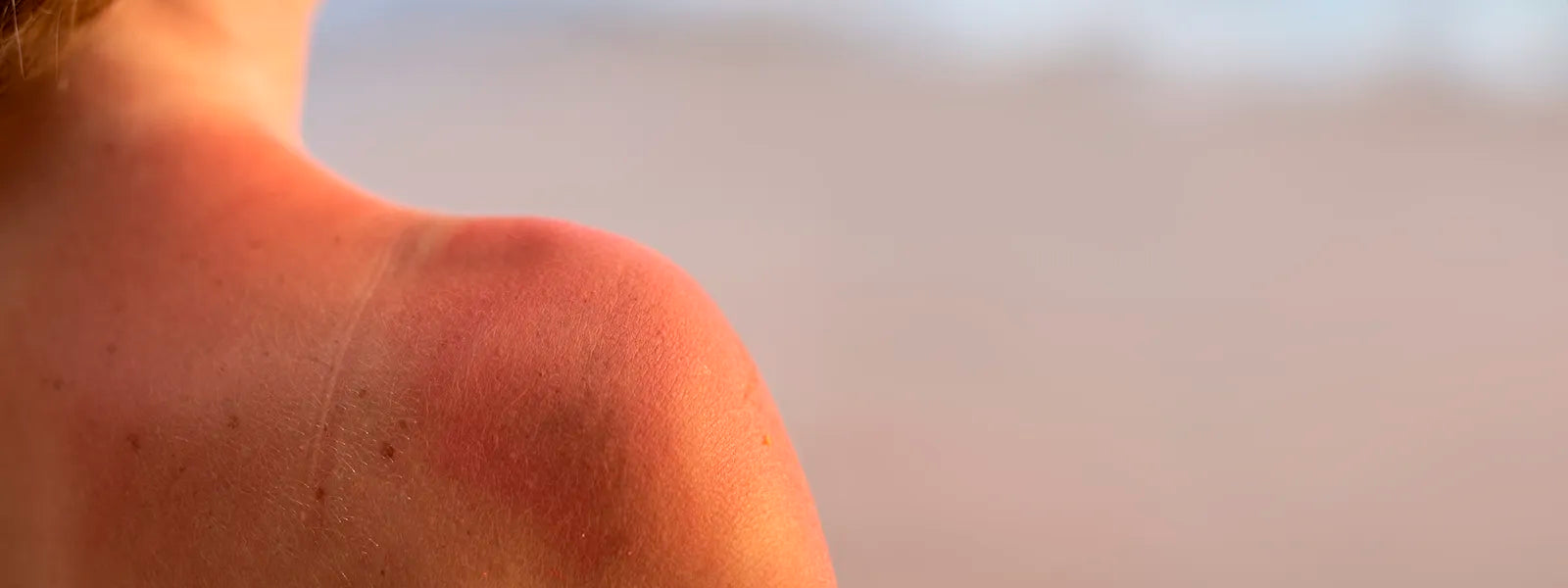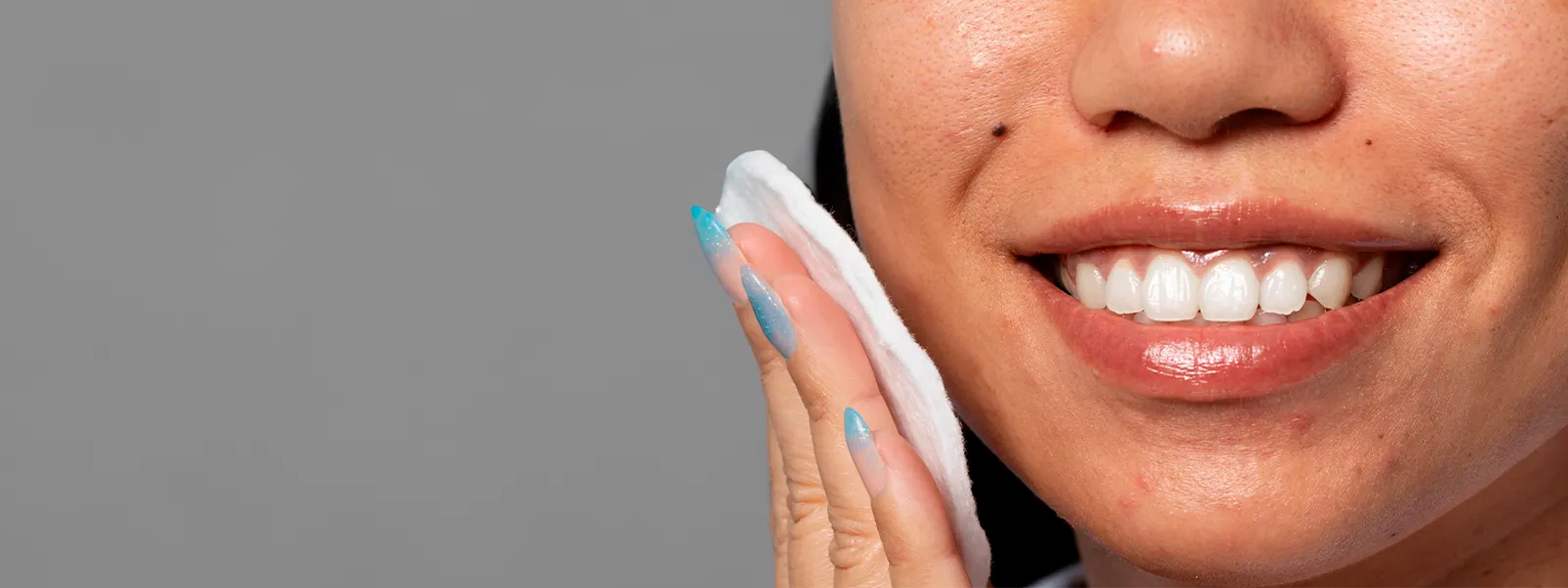Laser treatment, also known as laser skin resurfacing, is a common scar repair treatment and works by removing different layers of skin with a laser. This allows the laser to remove scar collagen and often stimulate collagen production. In order to understand who laser surgery is appropriate for it is first important to understand how it works, its limitations and recovery periods.
What is Laser Surgery?
Laser surgery, particularly for scar treatment, has become an increasingly popular procedure in the area of dermatology. It involves the use of focused light beams to treat damaged skin, aiming to improve its appearance and texture. Laser therapy has proven effective for a variety of skin issues, including acne scars, burn scars, and other types of scars. With advances in technology, laser treatments now offer more precise and effective results, making them a go-to option for many seeking to enhance their skin’s appearance.
How Does Laser Surgery Work?
Laser treatment works by emitting intense light that penetrates the skin's surface. This light energy targets the scar tissue, breaking it down and stimulating the production of new collagen. Collagen is a crucial protein that helps maintain skin elasticity and strength. The process encourages the body to generate new, healthy new skin cells to replace the scarred tissue.
There are different types of lasers used in scar treatments. A common one is the fractional laser, which targets only a fraction of the skin at a time, leaving surrounding areas intact to promote faster healing. Another widely used laser is the CO2 laser, which is known for its precision in removing scar tissue and promoting new collagen production. The type of laser chosen depends on the specific nature and depth of the scar being treated.
Does Laser Surgery Remove Scars?
While laser scar treatment significantly improves the appearance of scars, it’s essential to understand that it doesn’t completely remove them. The goal of laser therapy is to reduce the visibility of scars and make them less noticeable. The effectiveness of the treatment can vary based on several factors, including the type of scars, their size, depth, and the patient’s skin type.
For acne scars, laser treatments can smooth the skin and reduce discoloration. Burn scars, which are often deeper and more complex, may require more intensive treatments but can still see substantial improvements. Multiple sessions are often needed to achieve the desired results, and a dermatologist will tailor the treatment plan to the individual’s specific needs.
Is Laser Surgery Worth It?
The decision to undergo laser scar treatment depends on individual goals and expectations. For many, the improvement in the appearance of scars and the boost in confidence make laser therapy a worthwhile investment. It's important to consult with a board-certified dermatologist who can provide a realistic outlook on what laser treatment can achieve based on your specific scars.
Patients generally report a high satisfaction rate with laser scar treatments. The procedure is minimally invasive compared to surgical scar revision options and offers quicker recovery times. However, as with any cosmetic procedure, it’s essential to weigh the benefits against potential side effects and costs.
What Is The Recovery For Laser Surgery?
Recovery from laser scar treatment can vary based on the type of laser used and the extent of the treated area. Generally, patients can expect some redness, swelling, and minor discomfort in the treatment area immediately following the procedure. This is often compared to a bad sunburn. These side effects typically subside within a few days to a week.
It's crucial to follow post-treatment care instructions provided by your dermatologist to ensure an optimal healing process. This often includes keeping the treated area clean, avoiding direct sun exposure, and applying prescribed topical medications or skin care products to aid in healing and prevent infection. The skin will gradually heal over several weeks, and collagen production will continue to improve the skin's appearance over time.
Patients should also be aware of the potential for temporary changes in skin pigmentation. Hyperpigmentation (darkening of the skin) or hypopigmentation (lightening of the skin) can occur but usually resolves as the skin heals. Regular follow-up appointments with the dermatologist are essential to monitor the progress and address any concerns.
In conclusion, laser scar removal offers a promising number of different treatment options for those looking to improve the appearance of their scars. With advancements in laser technology and techniques, patients can achieve significant results with minimal downtime. Consulting with a board-certified dermatologist will ensure that you receive a treatment plan tailored to your needs, helping you achieve the best possible outcome.
Sources:
https://www.mayoclinic.org/tests-procedures/laser-resurfacing/about/pac-20385114
https://www.aad.org/public/diseases/cosmetic-treatments/laser-treatment-for-scars
https://www.webmd.com/skin-problems-and-treatments/scars
https://www.hopkinsmedicine.org/health/conditions-and-diseases/scars





Leave a comment (all fields required)